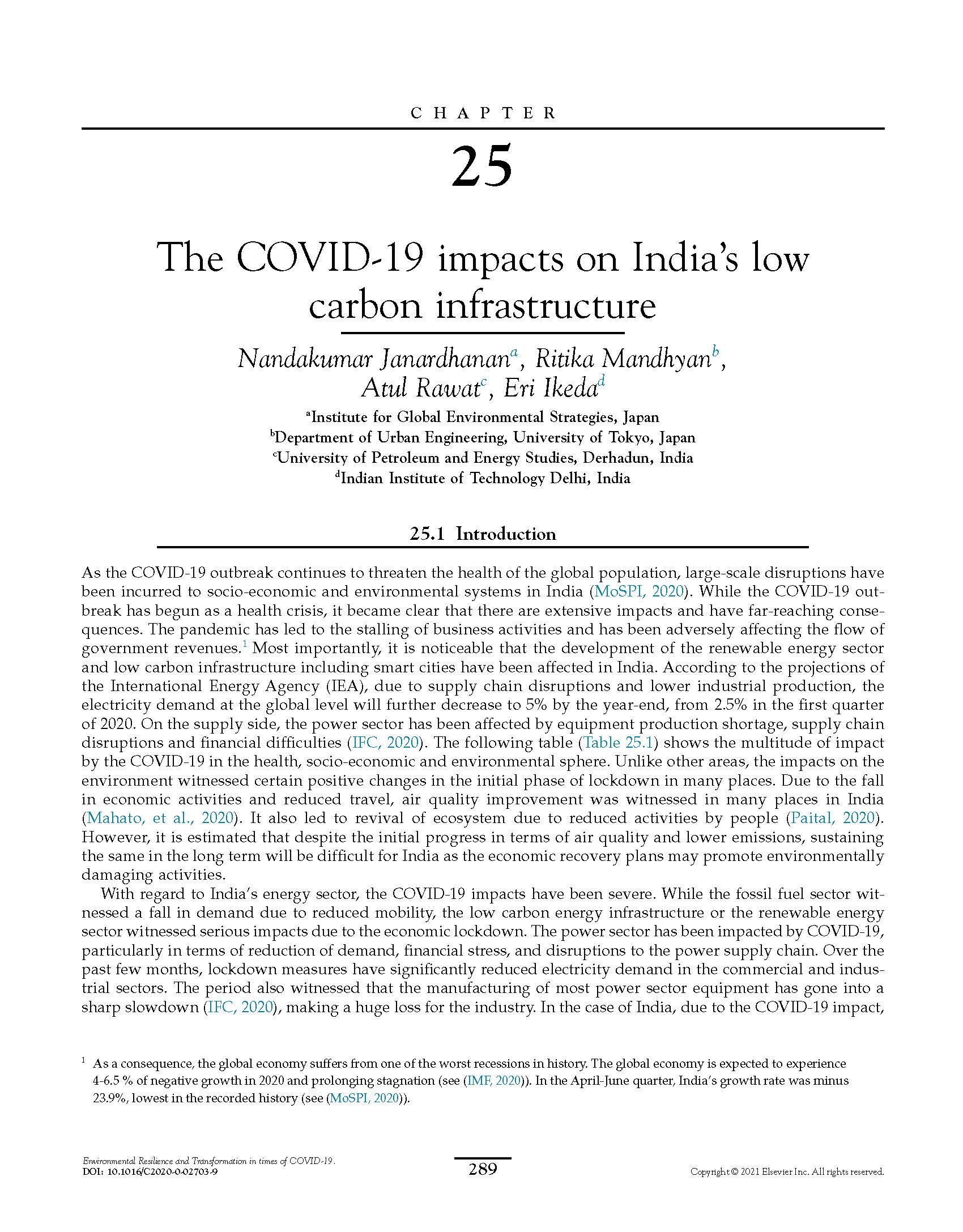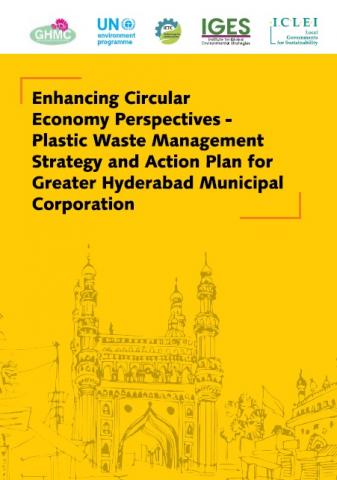In Resources, Conservation and Recycling
There is limited knowledge on the potential impacts of electric vehicle (EV) deployment in developing countries to date. India is a rapidly industrializing country with a national policy to promote EVs, but does not have the waste management infrastructure to process battery waste. Through a model analysis for India, we projected that the sale of...




